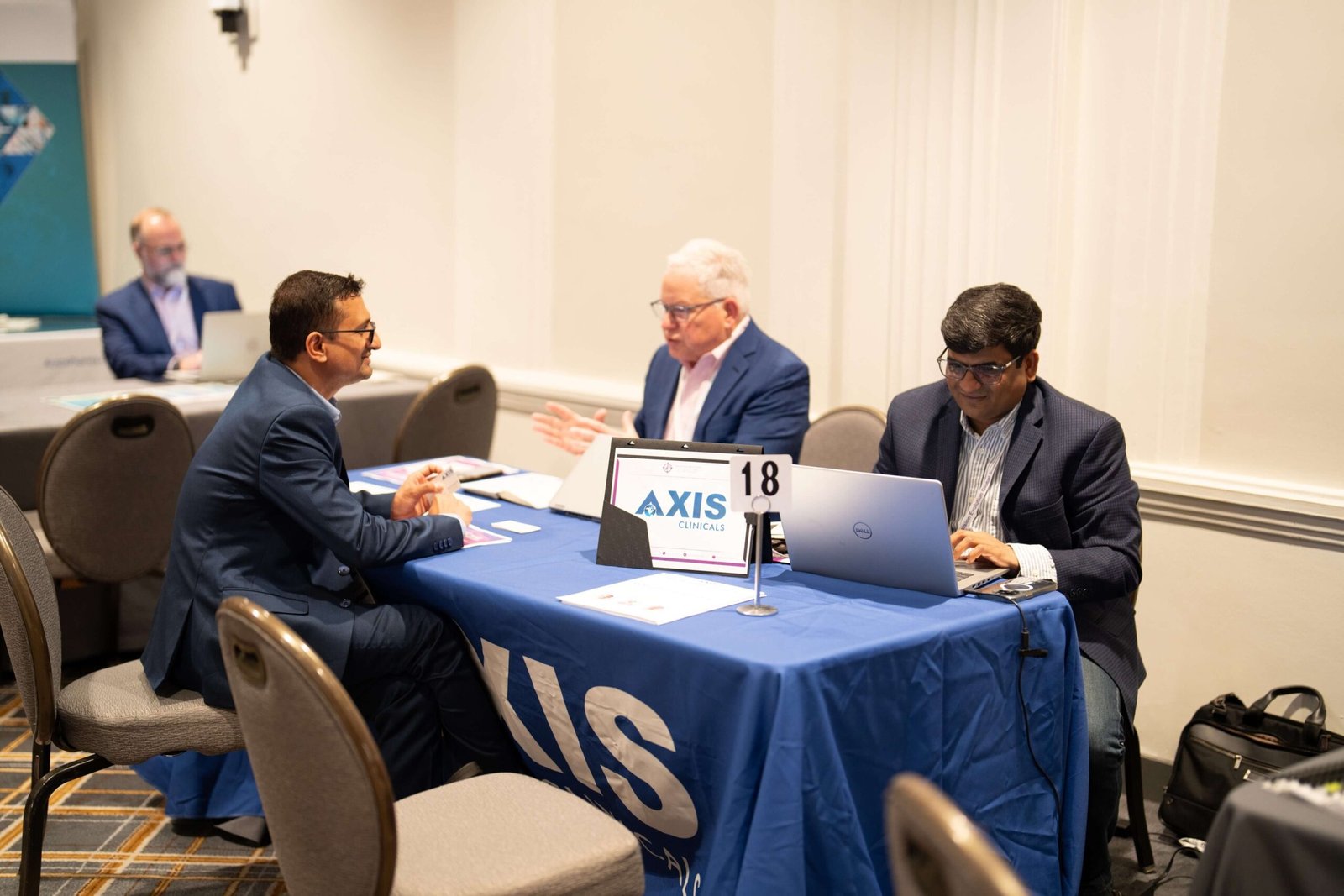By Aradhana Mantri
Global trade involves a series of processes that must be executed correctly for goods to move smoothly across borders. Two key service providers that businesses frequently depend on are customs clearance agents and freight forwarders. While both contribute to import and export operations, many companies often confuse their roles or assume they offer the same services.
Understanding the clear distinction between the two is essential for choosing the right partner based on the needs of each shipment. This article explains in detail the responsibilities, expertise, and value offered by customs clearance agents versus freight forwarders, helping businesses make informed logistics decisions.
What Is a Customs Clearance Agent?
A customs clearance agent, often referred to as a Customs House Agent (CHA), is professionally licensed by the Government of India to represent importers and exporters before the customs department. Their primary focus is compliance, which includes managing legal documentation, paying duties, and ensuring shipments follow customs laws and trade regulations.
Customs clearance agents ensure that all paperwork, declarations, and approvals required by customs authorities are complete and accurate before the cargo can move into or out of the country.
Key Responsibilities of Customs Clearance Agents
• Preparing, verifying, and filing customs documentation such as Bill of Entry or Shipping Bill
• Classifying goods under the correct HS code
• Calculating and paying customs duties and taxes
• Handling compliance with DGFT, BIS, FSSAI, AQCS, and other regulatory bodies
• Coordinating customs inspections and responding to official queries
• Ensuring accurate declarations for cargo value, origin, and specification
• Advising businesses on duties, exemptions, and documentation requirements
In short, customs clearance agents handle everything related to the legal authorization of goods entering or leaving India.
What Is a Freight Forwarder?
A freight forwarder arranges transportation and logistics for the movement of goods. They act as intermediaries between shippers and transportation services like airlines, shipping lines, trucking companies, and rail operators. Their core objective is planning, routing, and managing the physical movement of cargo from origin to destination.
Freight forwarders are experts in logistics network optimization, providing the best routes, carriers, costs, and transit times for clients.
Key Responsibilities of Freight Forwarders
• Booking cargo space with air, sea, rail, or road carriers
• Coordinating cargo pickup, consolidation, and distribution
• Managing packing, labeling, warehousing, and cargo security
• Advising on freight charges, transport options, and delivery timelines
• Providing shipping documentation like Bill of Lading and Airway Bill
• Handling containerization and multimodal transport
• Tracking shipment movement from start to finish
Their role is to ensure the physical shipment reaches its destination efficiently and safely.
Major Differences: Customs Clearance Agents vs Freight Forwarders
Although both work together in the logistics chain, their functions differ significantly. Below is a clear comparison:
| Feature / Responsibility | Customs Clearance Agents | Freight Forwarders |
|---|---|---|
| Primary Role | Compliance and documentation | Cargo transport and logistics |
| Legal Authorization | Licensed by customs authorities | Not authorized for customs clearance |
| Focus Area | Customs procedures, taxation, regulations | Shipping routes, freight booking, delivery |
| Expertise | HS codes, duty laws, legal filings | Freight rates, carriers, transit optimization |
| Workflow Stage | After goods arrive at port or airport | Before departure and during transit |
| Interaction With Government | Direct communication with customs officers | Mostly communicates with transport providers |
| Risk Focus | Avoid penalties and clearance delays | Avoid transit delays and cargo damage |
This comparison highlights that customs agents manage legal release, while freight forwarders manage transportation. Both are essential to complete the import-export process.
Can a Freight Forwarder Handle Customs Clearance?
Many freight forwarders offer integrated logistics solutions and may coordinate customs procedures, but they cannot legally file customs documents unless they are separately licensed as customs brokers. In such cases, they either:
• Partner with a licensed customs clearance agent
• Hire licensed personnel for customs-related activities
Therefore, even full-service freight forwarders rely on customs clearance experts to complete the legal formalities.
Can a Customs Clearance Agent Arrange Freight?
While customs agents specialize in documentation and compliance, they generally do not arrange transportation or shipping operations. Their role begins once the shipment reaches the customs border. Freight management remains outside their core service scope.
Why Businesses Need Both for Successful Trade Operations
Import and export activities involve a sequence of steps, from moving cargo internationally to securing legal approvals for entry. Each professional plays a unique but connected role:
• Freight forwarders plan and execute the journey of goods
• Customs clearance agents ensure the shipment is legally permitted to move ahead
Without proper logistics, cargo won’t reach the border.
Without proper customs clearance, cargo won’t be released from the border.
Common Scenarios Where Both Are Required
-
Importing machinery from Europe
Freight forwarder handles ocean shipping
Customs clearance agent files BOE and pays duties -
Exporting electrical supplies to the Middle East
Freight forwarder arranges space on a container vessel
Customs clearance agent files the shipping bill and certificates -
Shipping perishables like fruits or seafood
Freight forwarder handles cold chain logistics
Customs clearance agent secures FSSAI and quarantine approvals
Both services must be aligned to avoid delays, spoilage, or financial loss.
Which Service Should a Business Choose First?
If starting international trade operations for the first time:
• First consult a freight forwarder to plan transportation
• Then engage a customs clearance agent to ensure documentation compliance
Larger companies may opt for service providers who coordinate both functions under one supply chain plan, but always ensuring that licensed agents oversee customs submissions.
How to Choose the Right Partner
Factors to look for in a customs clearance agent:
• Licensing status
• Knowledge of customs laws
• Documentation accuracy
• Experience with product classifications
Factors to look for in a freight forwarder:
• Strong global carrier network
• Transparent shipping rates
• Warehousing and tracking capabilities
• Proven delivery performance
Businesses should assess their trade volume, industries served, and destination markets before finalizing logistics partners.
Conclusion
Customs clearance agents and freight forwarders serve completely different but equally critical purposes in international trade. While freight forwarders specialize in logistics and transportation planning, customs clearance agents ensure regulatory compliance and secure release of goods at borders. Understanding these differences helps businesses avoid confusion, choose the right professional support, and ensure that cargo moves safely, legally, and efficiently across global markets.
Working with specialized customs clearance agents and experienced freight forwarders provides a strong and reliable supply chain foundation for importers and exporters aiming for growth in global commerce.




Leave a Reply